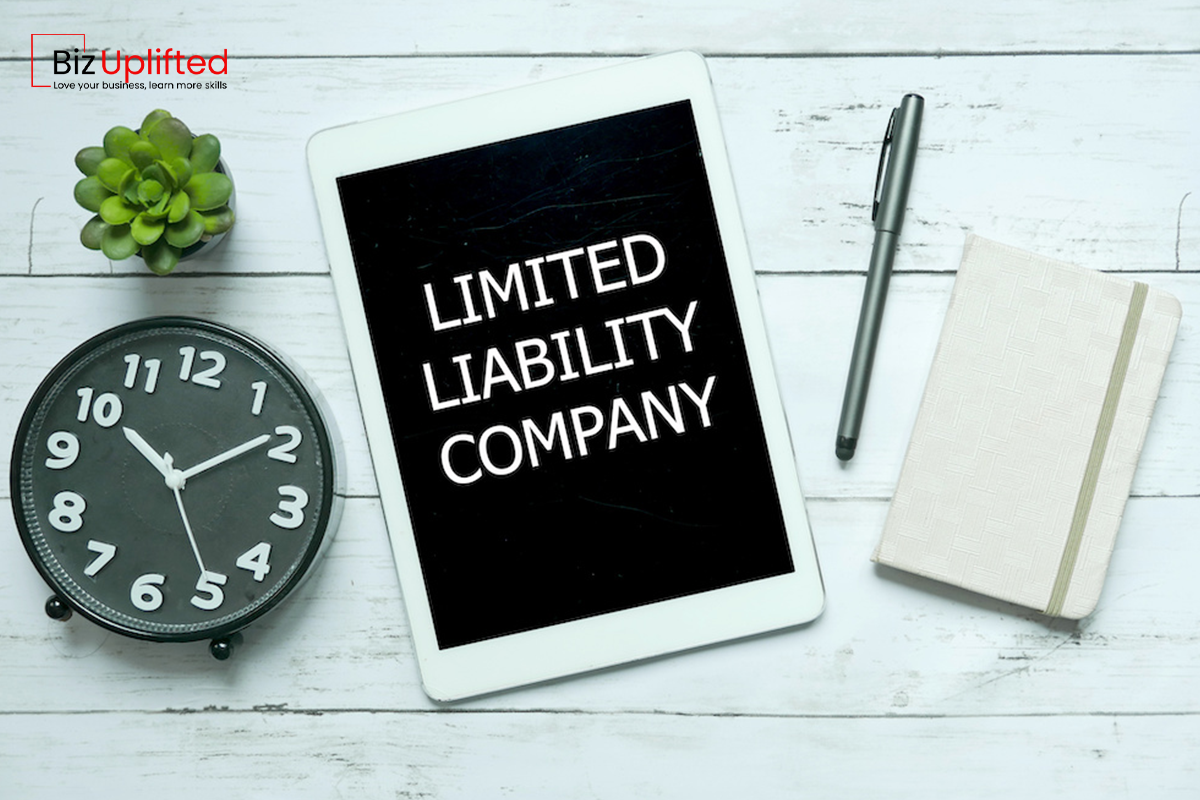Choose Your Business Structure: A Crucial Decision for Success
Choosing the proper business structure is one of the most critical decisions when starting a new venture. Your chosen structure will significantly affect your business’s legal, financial, and operational aspects. It involves everything from liability protection and taxation to management style and fundraising capabilities. Here’s a detailed guide to help you understand the different business structures and choose the one that best suits your needs.
Types of Business Structures
- Sole Proprietorship: A sole proprietorship is the simplest and most common form of business structure. It is owned and operated by one individual, with no distinction between the owner and the business.
Advantages:
- Easy and inexpensive to establish.
- Complete control for the owner.
- Simple tax filing, with business income reported on the owner’s personal tax return.
Disadvantages:
- Unlimited personal liability for business debts and obligations.
- Difficulty raising capital.
- Limited life span, dependent on the owner’s involvement.
- Partnership: A partnership involves two or more individuals who share ownership of a business. Partnerships can be general or limited, with varying degrees of involvement and liability for each partner.
Advantages:
- Easy to establish with a simple agreement.
- Shared financial commitment and pooled resources.
- Combined skills and expertise of partners.
Disadvantages:
- Joint and several liabilities for business debts (in a general partnership).
- Potential for conflicts between partners.
- Profits must be shared among partners.
- Limited Liability Company (LLC): An LLC is a hybrid structure that offers the liability protection of a corporation with the tax advantages and flexibility of a partnership.
Advantages:
- Limited liability for owners, protecting personal assets.
- Flexibility in management and operational structure.
- Pass-through taxation, avoiding double taxation.
Disadvantages:
- It can be more complex and costly to establish than a sole proprietorship or partnership.
- State-specific regulations and fees.
- Potential self-employment taxes on profits.
- Corporation: A corporation is a separate legal entity owned by shareholders. It can be a C or S corporation, each with different tax and operational implications.
Advantages:
- Limited liability for shareholders.
- Ability to raise capital through the sale of stock.
- Perpetual existence, independent of the owners.
Disadvantages:
- It is more complex and expensive to establish and maintain.
- Double taxation for C corporations (profits taxed at the corporate level and dividends taxed at the shareholder level).
- Extensive record-keeping, reporting, and regulatory requirements.
- Cooperative: A cooperative is a business owned and operated for the benefit of its members, who use its services.
Advantages:
- Democratic decision-making with one member, one vote.
- Profits are distributed among members.
- Limited liability for members.
Disadvantages:
- It needs to be solved in raising capital.
- Requires a solid commitment to member participation and cooperation.
- Complex formation and operational processes.
Factors to Consider When Choosing a Business Structure
- Liability: Consider the level of personal liability you are willing to assume. Structures like LLCs and corporations provide limited liability protection, while sole proprietorships and partnerships do not.
- Taxation: Evaluate the tax implications of each structure. Sole proprietorships, partnerships, and LLCs can be taxed pass-through, whereas corporations may face double taxation.
- Control: Determine how much control you want to retain over your business. Sole proprietorships offer full control, while partnerships and corporations involve shared decision-making.
- Capital Needs: Assess your business’s capital requirements. Corporations can raise funds through stock sales, whereas sole proprietorships and partnerships may have limited fundraising options.
- Complexity and Cost: Consider the complexity and cost of forming and maintaining the business structure. Sole proprietorships and partnerships are simpler and less expensive, while corporations and LLCs involve more regulatory requirements and costs.
- Future Goals: Think about your long-term business goals. If you plan to expand or sell your business, a structure like a corporation or LLC may be more advantageous.
Choosing the right business structure is foundational to building a successful enterprise. It requires careful consideration of your business’s specific needs, goals, and circumstances. By understanding the advantages and disadvantages of each structure, you can make an informed decision that provides the right balance of liability protection, tax benefits, and operational flexibility. Consulting with legal and financial professionals can also help ensure you select the best structure for your business’s future growth and success.














